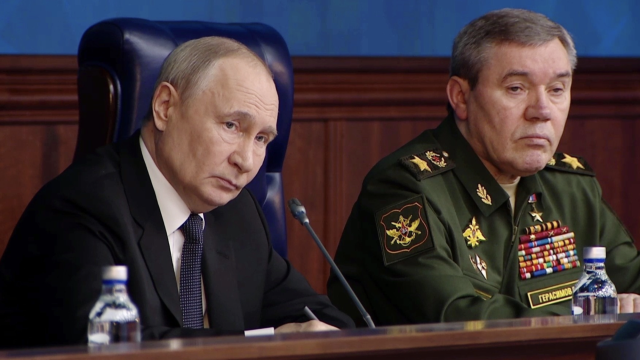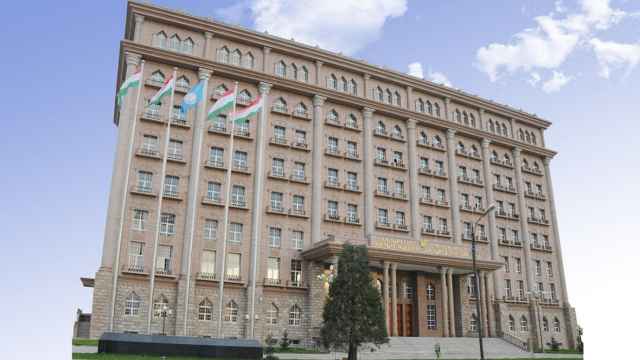President Dmitry Medvedev's decision that Russia will remain on permanent summertime caused confusion Sunday as phones and computers automatically changed their settings, but it is likely to have more profound consequences for trading on the country's bourses.
After most of Europe set their clocks back Saturday night, Moscow is now one additional hour ahead of the continental markets that determine stock trends and provide the liquidity for Russian transactions.
The bigger difference is particularly problematic for those closely linked with London, now four hours behind western Russia.
"For us it's a really big problem because the liquidity only really gets into the market when London opens," said Clemens Grafe, chief economist at Goldman Sachs in Moscow. "We will be sitting here for much of the morning effectively not doing much and then having to stay much longer to finish the day off."
The MICEX and dollar-denominated RTS bourses both open at 10 a.m. The London Stock Exchange begins trading at 8 a.m. local time — midday in Moscow.
A senior executive handling equity trading at a big Western bank in Moscow, who requested anonymity because he was not authorized to speak with the press, said that so far there had been more complaints from those who had to fly between Moscow and London than about the market hours.
But he added that his division was looking to put together a petition to Medvedev to reverse his decision on the time change.
MICEX vice president Sergei Sinkevich told The Moscow Times that it was too early to judge what the impact would be. "It will probably be working against [us] slightly, but at the end of the day, we should see how it's going to play out," he said.
The four hour difference will be particularly painful for London-based Russian desks whose staff will have to be in the office by 6 a.m. to catch the start of Moscow trading.
Monday's dislocation on Moscow's stock exchanges is the second in as many months. In a move designed to synchronize the trading hours of MICEX and the RTS as a part of an ongoing merger plan, Sept. 1 saw MICEX push back the start of trading by half an hour, from 10:30 a.m. to 10.
Mark Temkin, head of UralSib Capital, told reporters last week that he could not understand this general shift to earlier trading. There is some activity on the part of investors before London opens, he said, but "there are no trends."
Despite the criticism, some have expressed support for the changes that will propel Russia closer to Asia. The Hong Kong Stock Exchange closes at 4 p.m. local time — midday in Moscow.
The president of the Russian Exchanges Union Anatoly Gavrilenko praised the September extension to MICEX trading. "We are moving to the East. We will grow with Siberia. Our dreams are coming true," he said in written comments released by MICEX.
Despite the outcry, it is not the end for trading-time upheaval on Moscow's bourses. The Central Bank confirmed in October that MICEX and the RTS will, with the exception of Orthodox Christmas, be working from Jan. 3 next year, while the rest of the country enjoys the long New Year's holiday.
New versions of MICEX's trading rules and the National Clearing Center's rules for clearing on the securities market come into force on Nov. 1, MICEX announced on its web site.
A Message from The Moscow Times:
Dear readers,
We are facing unprecedented challenges. Russia's Prosecutor General's Office has designated The Moscow Times as an "undesirable" organization, criminalizing our work and putting our staff at risk of prosecution. This follows our earlier unjust labeling as a "foreign agent."
These actions are direct attempts to silence independent journalism in Russia. The authorities claim our work "discredits the decisions of the Russian leadership." We see things differently: we strive to provide accurate, unbiased reporting on Russia.
We, the journalists of The Moscow Times, refuse to be silenced. But to continue our work, we need your help.
Your support, no matter how small, makes a world of difference. If you can, please support us monthly starting from just $2. It's quick to set up, and every contribution makes a significant impact.
By supporting The Moscow Times, you're defending open, independent journalism in the face of repression. Thank you for standing with us.
Remind me later.






